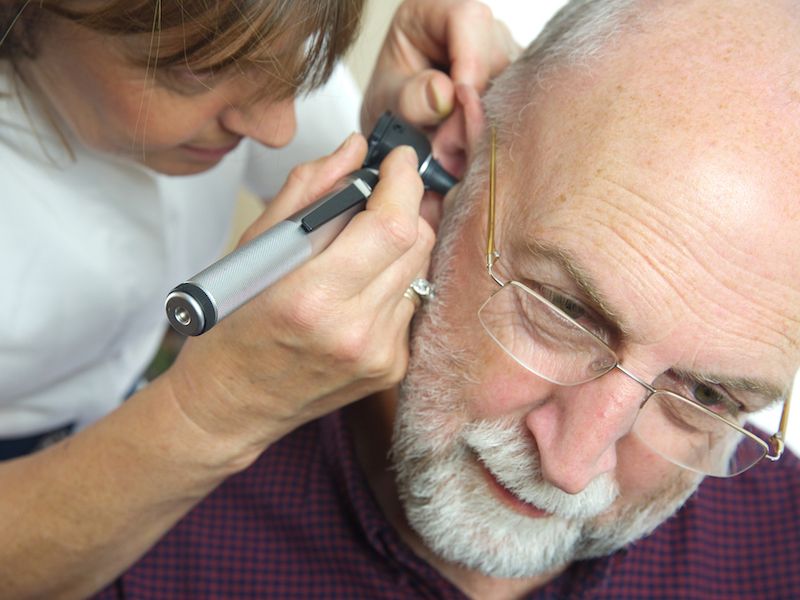
If you wear eyeglasses, you understand you should still visit your eye doctor once a year, right? Due to the fact that, with time, your eyes will change. Your eyes and everything else in your body are dynamic not static and this includes your ears. That’s why, just like you do with your eyes, it’s necessary to keep getting your ears tested even after you get a nice pair of hearing aids.
Unfortunately, many people miss those regular checkups. It’s easy to overlook going in to consult with your hearing expert because you’ve been busy enjoying your life. Or it’s possible that work has been difficult recently. You might even be so happy with your hearing aids that you simply didn’t think you need to make another appointment. You would usually consider that to be a good thing.
Over time, for individuals with hearing impairment, it is even more important to have even one follow-up consultation. Despite that, ongoing attention is often neglected. According to one survey, only 33% of seniors with hearing aids also used regular hearing services.
Why Do You Require Check Ups Once You Get Hearing Aids?
Your hearing is dynamic. Over time it changes. It’s important to modify the hearing aids to counter those changes. Issues can be detected early and your hearing aids can be adjusted accordingly.
It might be a good plan to get frequent checkups for other reasons too. Here are some reasons why you really should show up for your hearing exams:
- Degeneration of hearing: Even with a hearing aid, your hearing could continue to deteriorate. If this deterioration is slow enough, you likely won’t realize it’s occurring without the assistance of a hearing test. Hearing decline can often be slowed with appropriate alterations to your hearing aids.
- Hearing aid calibration: Although your overall hearing health may remain stable, small differences in your hearing might create the need for annual adjustments of your hearing aid. Without this calibration, your hearing aids may slowly become less effective.
It’s essential to get your hearing aids cleaned professionally now and again as well as tracking changes in your hearing. We can help make certain your hearing aid is operating the way it is supposed to, clean all the little parts and keep it in top notch condition.
The Risk of Not Following up With Routine Check-Ups
If you get frustrated with your hearing aids, say because they don’t work the way you thought they would, you may simply discontinue using them and that would be a problem. Wearing hearing aids helps you hear better, naturally, but it also affects your overall health. If you discontinue using your hearing aids, not only can your hearing deteriorate faster, you might not recognize it immediately. Increased chance of hearing accidents, along with cognitive decline, have been connected to hearing loss.
When it comes to having your hearing aids operating at an optimal level, regular check ups are your best bet. Annual hearing exams or screenings can help you make sure your hearing aids are functioning in the way they should and that your hearing is safeguarded. So call now for an appointment.
